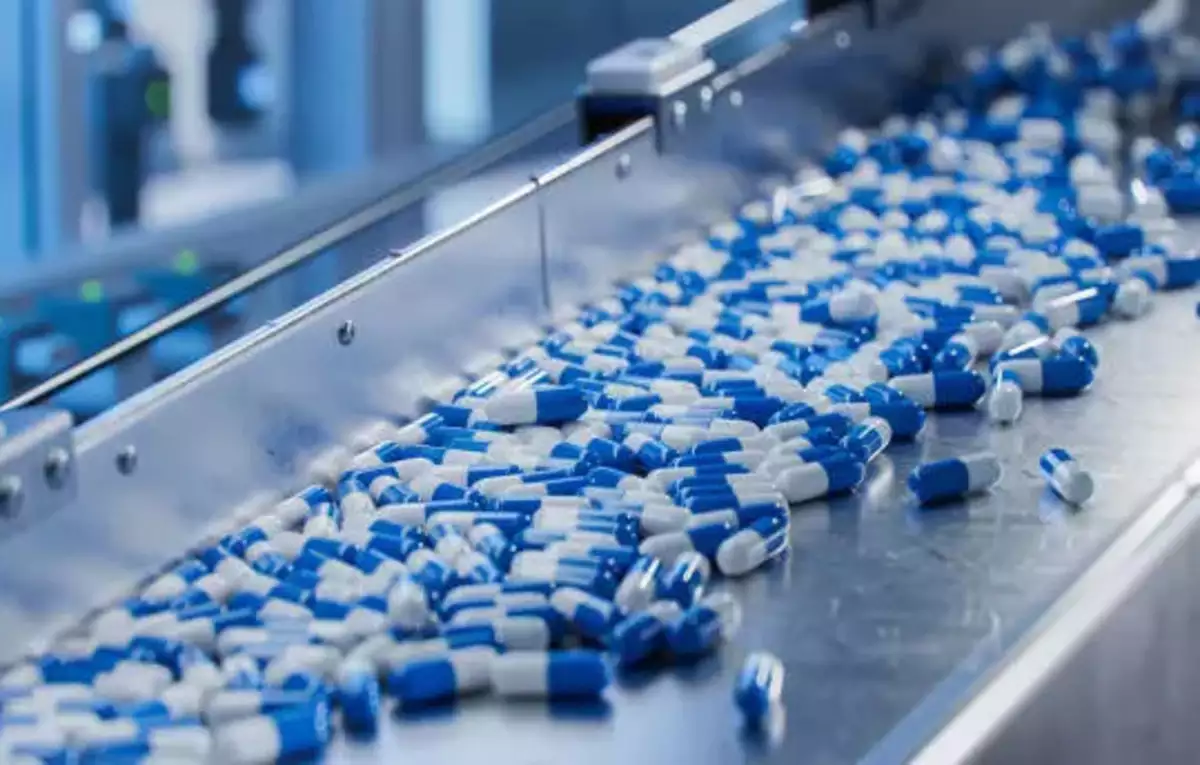
The proposed 25% tariff by US President Donald Trump on automobile, semiconductor, and pharmaceutical imports could pose significant challenges for India. While the Indian semiconductor industry remains in its early stages and is unlikely to be heavily affected, the pharmaceutical sector faces a greater risk as the US is its largest export market. India’s auto industry may see minimal impact in terms of car exports, which make up only 0.2% of shipments to the US. However, higher duties on auto parts could hurt manufacturers, as auto component exports grew 7% to $11.1 billion in the first half of FY25, with North America accounting for 31% of the total.
Pharmaceutical exports to the US reached $8.73 billion in FY24, representing 31% of India’s total pharma exports, according to the Pharmaceuticals Export Promotion Council of India (Pharmexcil). Major Indian drugmakers, including Sun Pharma, Dr. Reddy’s, and Cipla, rely heavily on the US market, with North America contributing 32%, 47%, and 30% of their revenues, respectively, in fiscal 2024. Given that Indian pharmaceutical firms supply a significant share of prescription drugs in the US—nearly four out of ten—any additional tariffs could impact profitability and market dynamics.
Despite concerns, industry experts remain cautiously optimistic. Pharmexcil’s chairman, Namit Joshi, believes that India’s competitive pricing in the generics sector will help mitigate the effects of higher duties. Director-General Raja Bhanu also emphasized that Indian firms play a crucial role in the US pharmaceutical supply chain, ensuring continued demand. Currently, Indian pharmaceuticals enter the US market duty-free, and any new tariff could alter trade flows, prompting firms to explore cost-cutting measures or alternative markets.

Post Your Comments